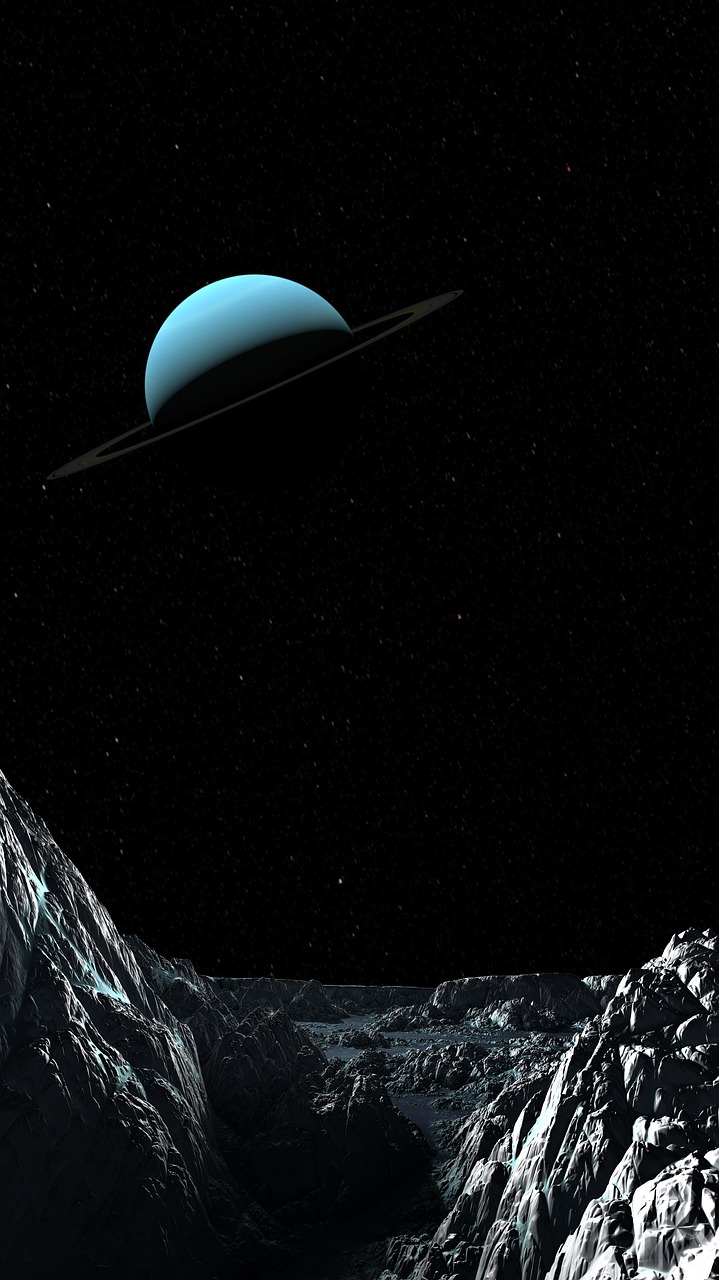Uranus, the ancient Greek deity representing the sky and the heavens, is considered one of the primordial gods birthed from Gaia, the Earth. As the ruler of the celestial sphere, he symbolized power and masculinity, presiding over the cosmos.
As the progenitor of the Titans, Cyclopes, and Hecatoncheires, Uranus faced betrayal from his own children, which led to his downfall as the supreme deity. His distinguishing symbols include the male symbol and the zodiac wheel.
Key Facts
Family Tree
- Parents: Gaia
- Partner(s): Gaia
- Siblings: Ourea (Mountains) and Pontus (Sea)
- Offspring:
- Titans: Coeus, Crius, Cronus, Hyperion, Iapetus, Mnemosyne, Oceanus, Rhea, Phoebe, Tethys, Theia, and Themis
- Cyclopes: Arges, Brontes, and Steropes
- Hecatoncheires: Briareus, Cottus, and Gyges
Names & Symbols
- Roman Name: Caelum, Caelus, or Coelus
- Other Names: Ouranos
- Ancient Greek: Ουρανός
- Symbolism: Cosmic dome, dominion, heavens, masculinity, power, sky, and stars
- Symbols: Male symbol, zodiac wheel
Uranus’ Origins
Uranus, along with his siblings Ourea and Pontus, emerged from Gaia. He enveloped her completely to create a nurturing environment for the next generation of gods. In some interpretations, Aether, personifying the Upper Sky, is ascribed as Uranus’ father, distinguishing him further in Orphic mythology where he is identified as the offspring of Nyx (Night) and Phanes, the first god.
Uranus’ Reign
As the supreme ruler, Uranus united with Gaia and produced various divine beings. His initial progeny included the Cyclopes—masterful craftsmen—and the Hecatoncheires, hulking giants with fifty heads and one hundred arms. He also fathered the infamous Titans, who preceded the Olympians. Uranus showed disdain for the Cyclopes and Hecatoncheires, rejecting their monstrous appearances and entrapping them deep within Gaia, inflicting suffering upon her.
Out of desperation, Gaia plotted revenge against Uranus, calling upon the Titans to aid her. However, only the courageous Cronus stepped forward. Armed with a sickle forged by Gaia, Cronus executed a daring attack on his father, ultimately dethroning him.
Uranus’ Fall
Following his overthrow, Uranus retreated from the forefront of the mythological narrative, only to appear occasionally to caution Cronus about his impending fate—being overthrown by his own children. He later advised Rhea on how to protect Zeus from Cronus’ wrath, demonstrating his continued influence, albeit diminished.
Despite his defeat, Uranus’ legacy persisted. From his severed blood, Gaia birthed new races, including the Erinyes (Furies), the Giants, and the Meliads, as well as the emergence of the goddess Aphrodite from the sea foam created by his castrated form.
Etymology
The name Uranus potentially derives from a Proto-Greek term meaning to ‘pour’ or ‘rain.’ It is suggested that its splitting into parts conveys notions of dominance from above, establishing him as the rain-bringer.
Roles and Responsibilities
As the heavenly sovereign, Uranus commanded celestial elements including the sun, moon, stars, winds, clouds, and seasons. His power waned significantly after being overthrown by Cronus, relegating him to a lower status among the gods.
Symbols and Powers
Uranus’s significant symbols—the zodiac wheel and the male symbol—reflected his control over celestial movements and authority. His imposing power is evident in his ability to dominate Earth and imprison his offspring, until the revolt led by Cronus marked his downfall.
In Ancient Texts
Uranus is referenced in Hesiod’s works as both Gaia’s offspring and spouse. While some texts characterize him as the progenitor of various divine beings, others attribute his lineage to Aether or Nyx, depicting him as a central figure in Greek cosmology.
FAQs
-
Who was Uranus?
Uranus was a central figure in Greek mythology, an embodiment of the sky, and the father of the Titans. -
What ensued following his castration?
Post-dethronement, Uranus took a backseat in mythology and occasionally re-emerged to offer wisdom to his descendants. -
Did Uranus reside on Mount Olympus?
Although he initially ruled the skies, following his fall, his fate remains uncertain, with potential retreat to Gaia’s domain.



